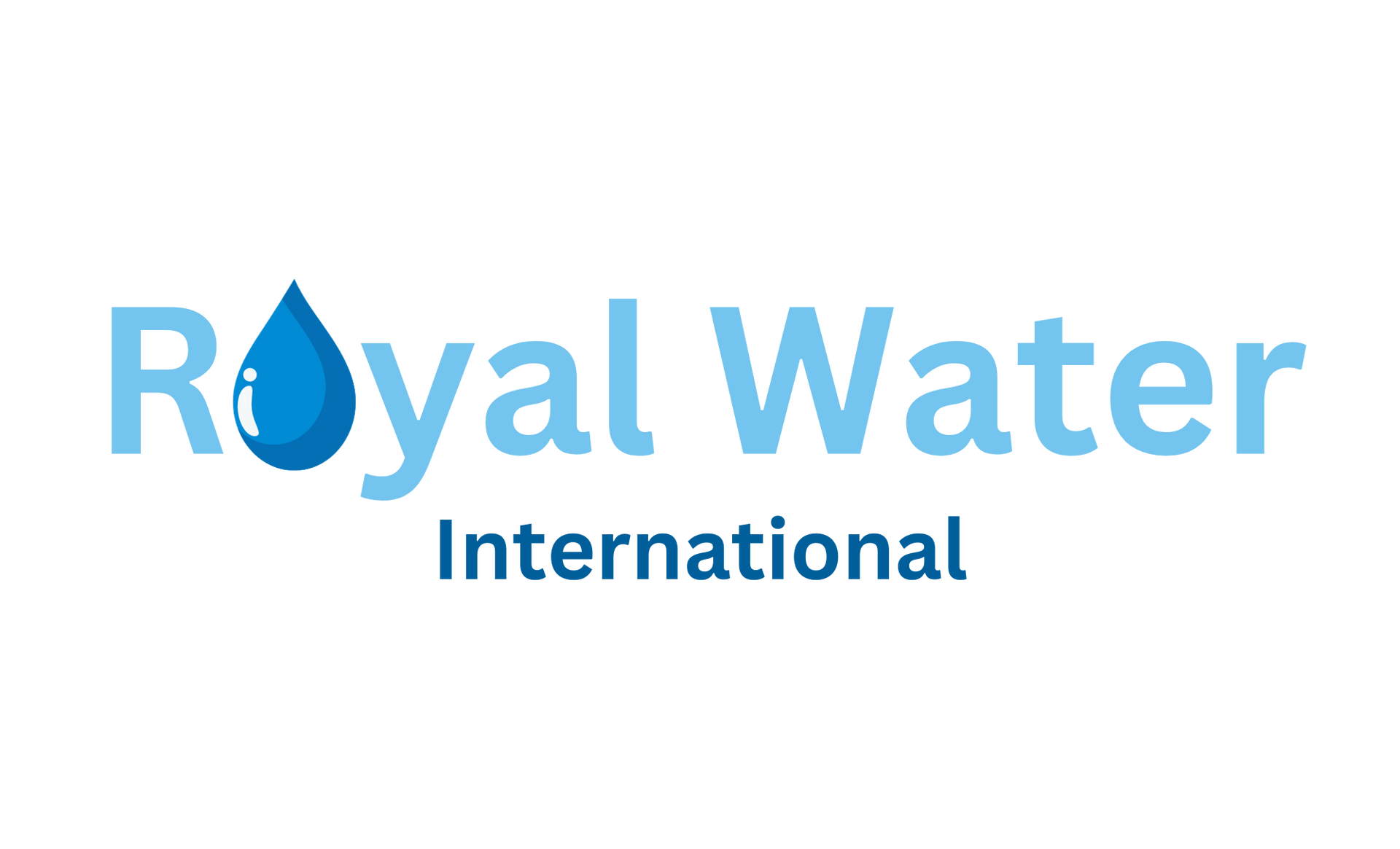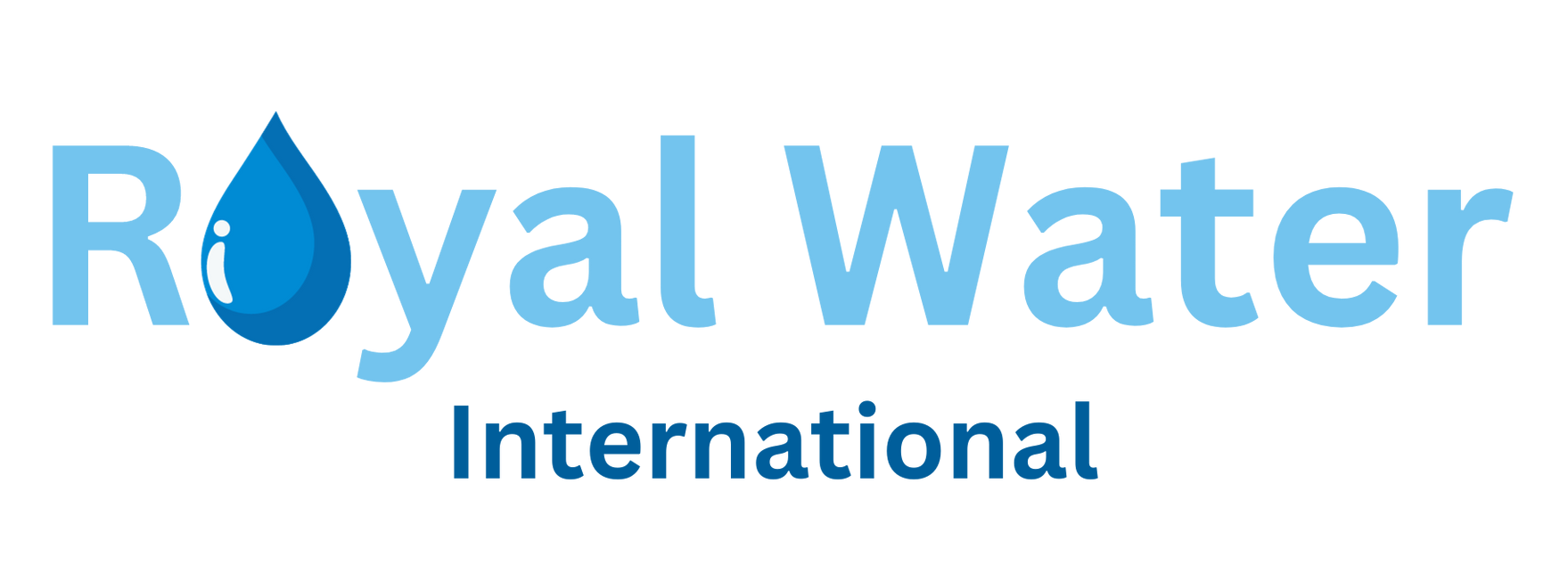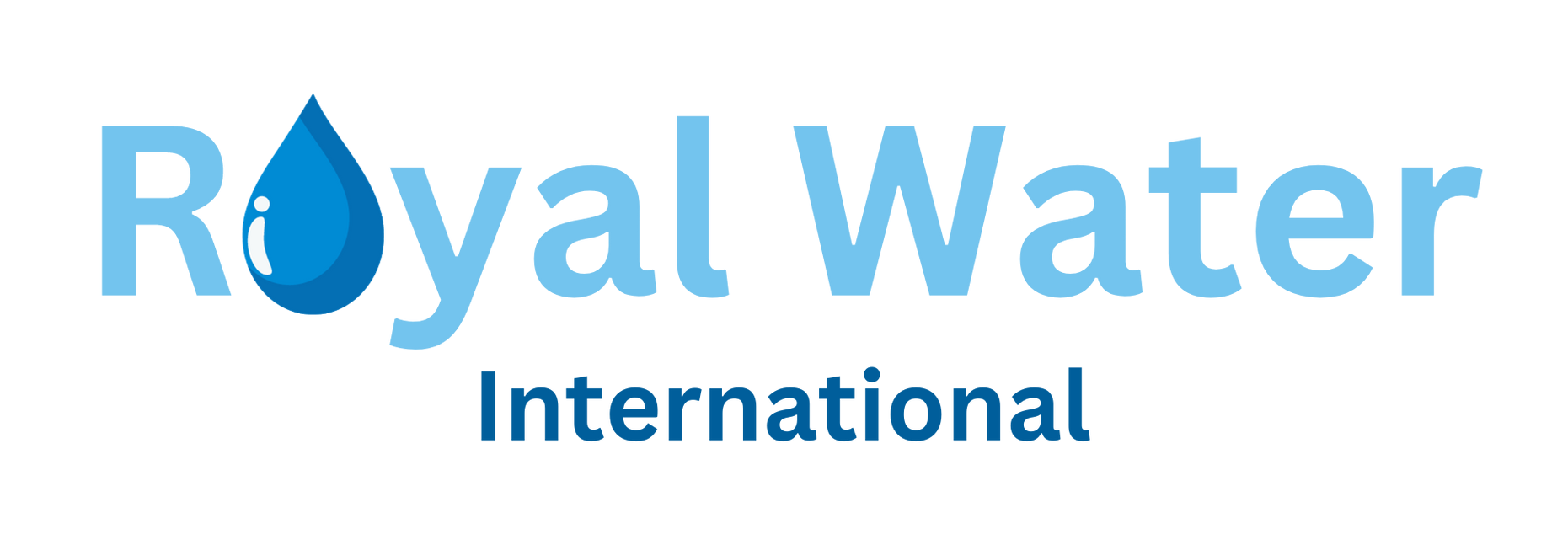What's in My Tap Water?
Staying vigilant about your water's quality ensures safer and healthier consumption!
Do You Want Know What’s in Your Tap Water?
Tap Water
Tap water is the most common source of drinking water, delivered directly to households and businesses. While it is often treated to meet safety standards, its quality can vary depending on location, infrastructure, and maintenance. Here are some important factors to consider when consuming tap water:
- Check for Contaminants: Ensure your water source is free from harmful substances like lead, bacteria, or industrial chemicals.
- Monitor Local Water Quality Reports: Stay informed about your area's water quality by reviewing municipal water reports.
- Consider Filtration: Using filters can help remove impurities and improve taste, especially in older systems with outdated pipes.
- Be Aware of Boiling Limitations: Boiling water kills bacteria but does not eliminate chemical contaminants like lead or pesticides.
- Test Your Water Periodically: Home testing kits can help identify potential issues with your tap water.
Contaminants
Frequently Asked Questions
Why do I need a reverse osmosis system in my house?
You need a reverse osmosis system in your house to ensure access to clean, purified water by effectively removing a wide range of contaminants, including minerals that cause hardness, and providing your family with safe, great-tasting water for drinking and daily use.
What contaminants does reverse osmosis remove?
Reverse osmosis effectively removes a variety of contaminants, including heavy metals, chlorine, lead, fluoride, pesticides, bacteria, viruses, and more, ensuring cleaner and safer drinking water.
What maintenance is required for a reverse osmosis system?
Maintaining a reverse osmosis system typically involves regular filter replacements and occasional sanitization to ensure continued effective filtration and system longevity. We will remind you every 6 months to replace your filters.
Can I install a reverse osmosis system myself, or do I need professional installation?
You can install a reverse osmosis system yourself but you must do the plumbing yourself. Professional installation is also an option for those who prefer expert assistance to ensure optimal performance and functionality.
What is the lifespan of a reverse osmosis system?
The lifespan of a reverse osmosis system can vary but our typically last around 10-15 years with regular maintenance and filter replacements.
Can I use a reverse osmosis system for my entire house or just specific faucets?
Every source of water will go through a water filtration process and have quality water running through the entire house.
Are there any special requirements for water pressure or water quality in my area?
Not usually, but our expert will check your local water quality and pressure to ensure compatibility with a reverse osmosis system, as certain conditions may require additional adjustments or pre-filtration.
Do you offer installation and maintenance services?
Yes we do. With the purchases of our 5 stage water osmosis package you will receive an expert who will take care of plumbing, water testing, and the installation process.
Does the system come with a warranty?
Yes we do offer a lifetime warranty on all our water filteration products


